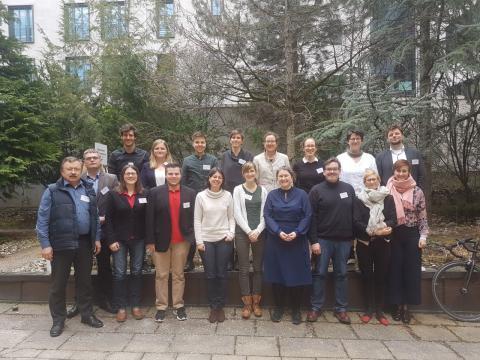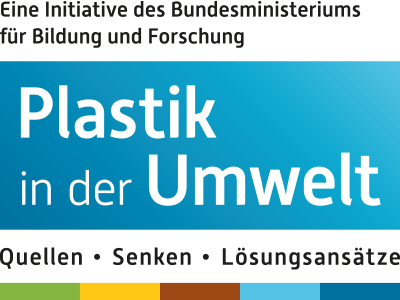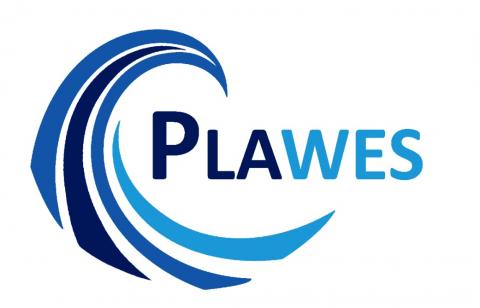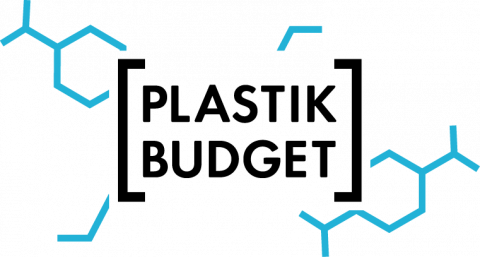Social perception
Introductory and Networking Meeting „Social and Political Dimensions of Plastics in the Environment“
Introductory and Networking Meeting „Social and Political Dimensions of Plastics in the Environment“
On March 27, 2018 around 20 social scientists, all being involved in one of the research projects of the BMBF research programme “Plastic in the Environment”, met to network and discuss future possibilities to increase the visibility of the social and political dimensions of plastics in the environment.




